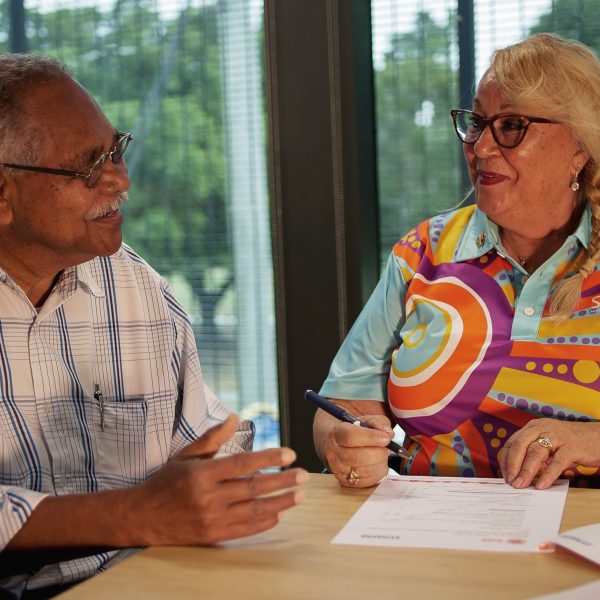
The Guddi Way Screen
The Guddi Way Screen is a culturally developed tool to identify cognitive impairment as a result of a brain injury in Aboriginal and/or Torres Strait Islander people.
Read morePeople with disabilities, particularly a cognitive or psychosocial disability, are overrepresented in the criminal justice system in Australia—comprising around 18 percent of the country’s population, but almost 50 percent of people entering prison.[1]
One study found that 82% of adult male prisoners reported at least one past brain injury of any severity and were more likely to report persisting side-effects and to screen positive for impulsivity and dissocial personality disorder than those surveyed from the wider community.[2] Another found that individuals between the age of 0 and 21 years, who had a medically verified occurrence of brain injury which required hospitalisation[3], were at increased risk of arrest, predominantly for either violent or property offences.
Brain injury can impact on people’s ability to:
Within the criminal justice system, this has significant consequences when it comes to challenging behaviours during incarceration and the potential for recidivism. It also raises issues around prisoner health and the lack of treatment available: brain injury and its related disabilities currently receive relatively little recognition in the criminal justice system.
This issue is compounded for Aboriginal and/or Torres Strait Islander peoples, who are not only over-represented in the criminal justice system, but also experience 2-3 times higher rates of brain injury than the wider Australian population.
In order to better respond to the psychological and physical needs of people in contact with the criminal justice system, and break cycles of re-offending, the system must recognise and respond to the congruence of brain injury and criminal offending.
At a practical level, that means:
[1] Human Rights Watch. (2018). “I Needed Help, Instead I Was Punished” Abuse and neglect of prisoners with disabilities in Australia. Retrieved from: https://www.indigenousjustice.gov.au/wp-content/uploads/mp/files/resources/files/2018-i-needed-help-abuse-and-neglect-hrw.pdf
[2] Perkes I, Schofield PW, Butler T, Hollis S. Traumatic brain injury rates and sequelae: a comparison of prisoners with a matched community sample in Australia. Brain Inj. 2011;25(2):131–141. [PubMed] [Google Scholar]
[3] Mckinlay A, Corrigan J, Horwood L, Fergusson D. Substance abuse and criminal activities following traumatic brain injury in childhood, adolescence, and early adulthood.

The Guddi Way Screen is a culturally developed tool to identify cognitive impairment as a result of a brain injury in Aboriginal and/or Torres Strait Islander people.
Read more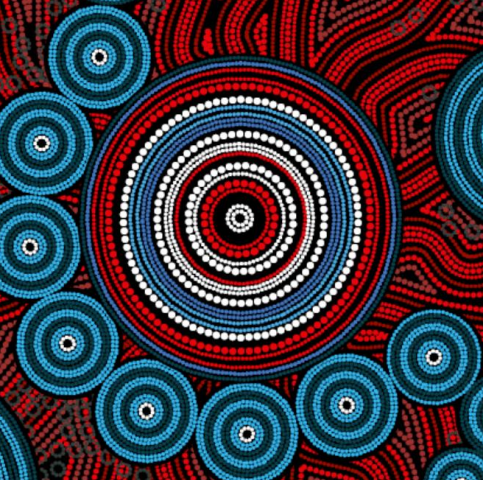
In 2018-2019 Synapse partnered with the Brisbane Murri Court to complete a pilot project in response to the need for culturally safe screening for brain injury and complex disability in the Murri Court system.
Read more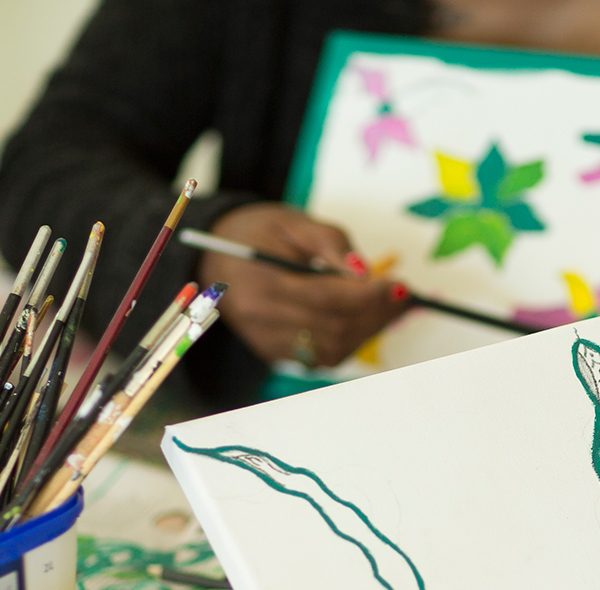
In 2018 Synapse partnered with the NSW Department of Justice and Guthrie House, a not-for-profit transitional service for women exiting the prison system, to support women who may have a brain injury.
Read more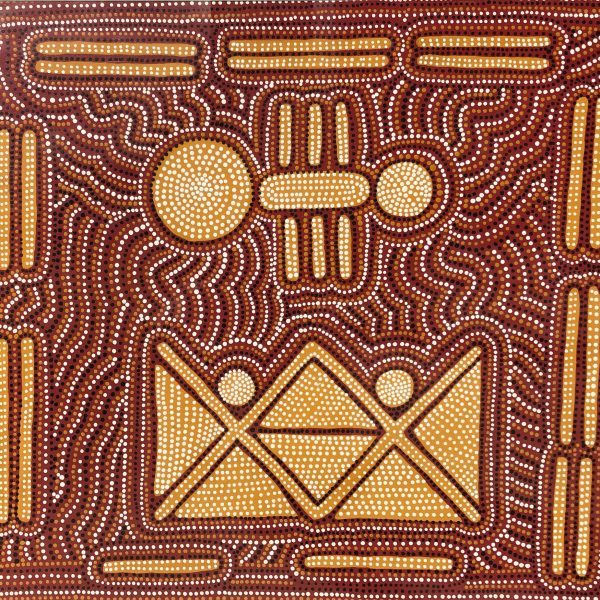
Synapse is working with Griffith University to review the processes for assessing the disability needs of Aboriginal and/or Torres Strait Islander prisoners.
Read more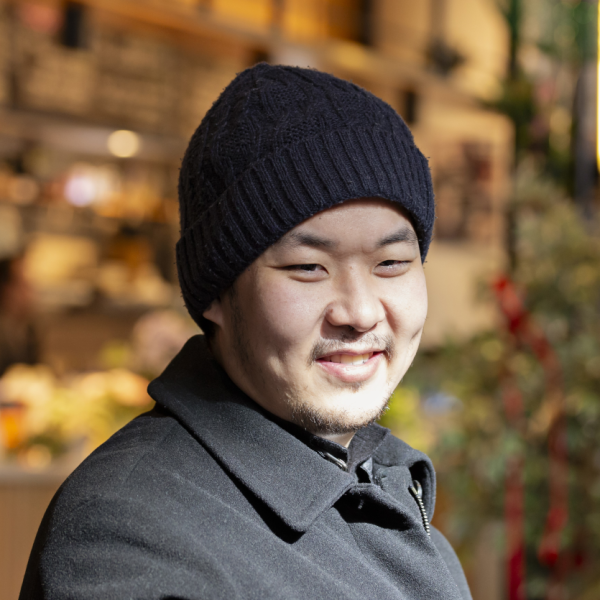
Tailored personal support across aspects of daily living, enabling you or someone you support to participate in desired community, vocational and educational activities.
Read more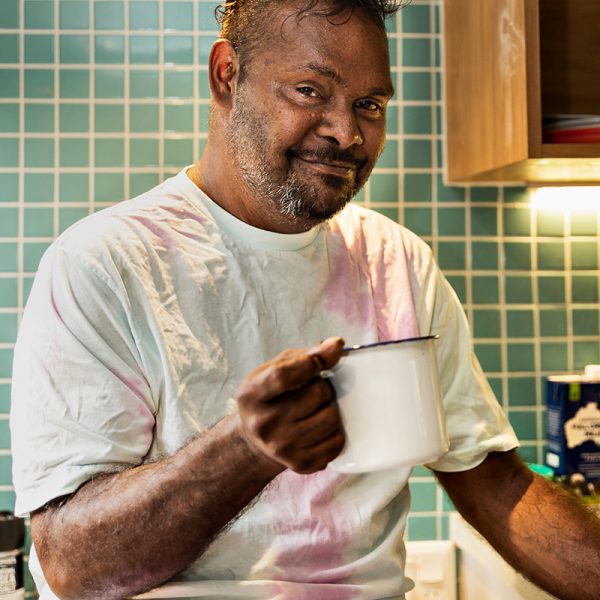
Information and practical housing support options to help you or someone you support live in the home and community of their choice.
Read more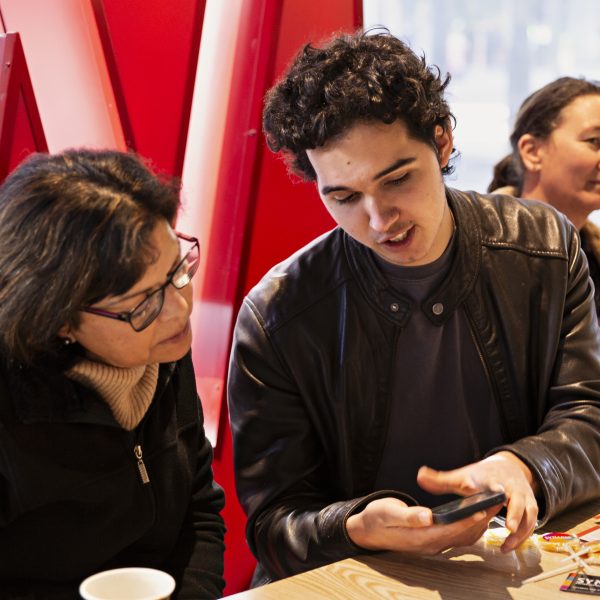
Registered NDIS pre-planning, support coordination and specialised services to ensure you, or the person you are caring for, get the most suitable support.
Read more
Synapse delivers unique training to help you, and your team, better understand the needs of people impacted by brain injuries.
Read moreIf you’ve got questions or need advice, support or further information, get in touch with us today. We’d love to help